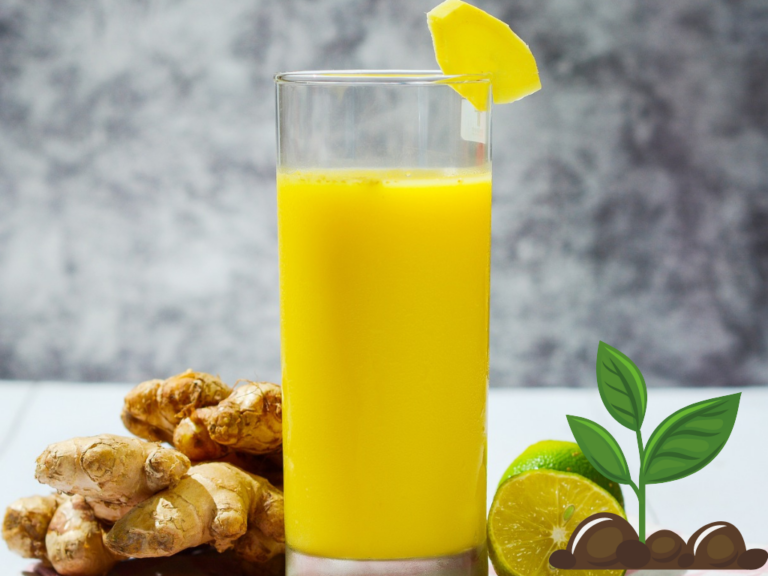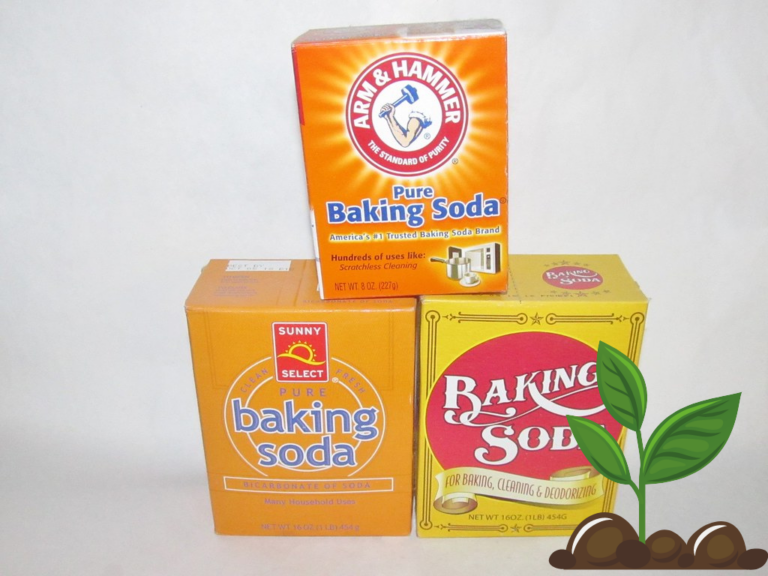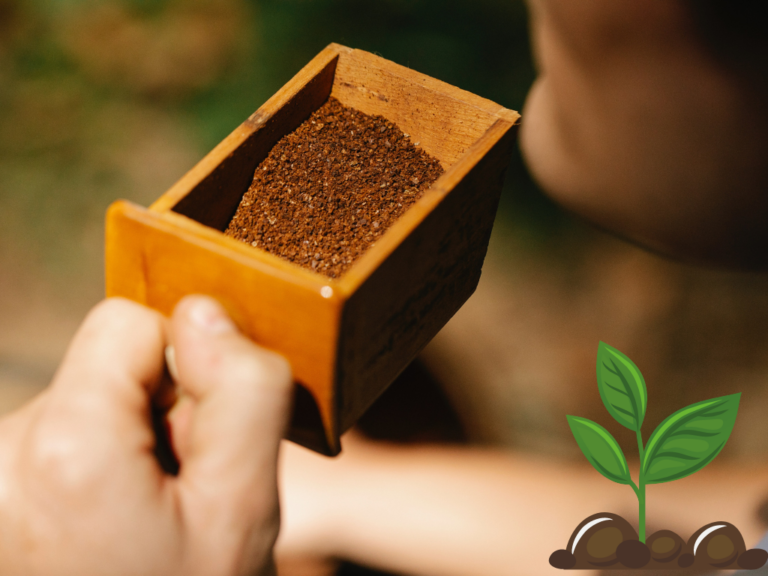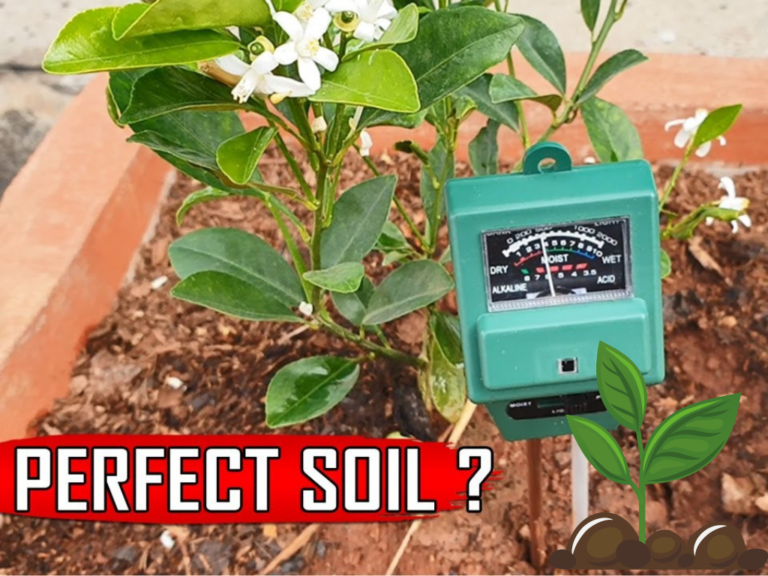Do Hydroponic Greens Need to Be Washed
Hydroponic Greens: Exploring the Need for Washing
In recent years, hydroponic farming has gained immense popularity as a sustainable and efficient method of growing greens.
Hydroponic systems eliminate the need for soil and rely on nutrient-rich water to nourish plants, resulting in rapid growth and high-quality produce.
However, a common question arises among consumers and enthusiasts: Do hydroponic greens require washing before consumption?
In this article, we will dive deep into this query and provide you with an informed answer.
Understanding Hydroponic Systems
Before delving into the washing debate, let’s briefly explore the fascinating world of hydroponics.
In a hydroponic system, plants are grown in a controlled environment, typically indoors or in greenhouses, using a water-based solution enriched with essential nutrients.
By providing plants with precisely what they need, hydroponics ensures optimal growth, minimal resource usage, and protection from external factors such as pests and extreme weather conditions.
The Controversy: To Wash or Not to Wash?
The topic of washing hydroponic greens sparks a spirited debate among experts and consumers alike.
On one hand, proponents argue that hydroponic greens are grown in a clean and controlled environment, reducing the risk of contamination.
Since hydroponics eliminates the need for soil, there is a lower likelihood of encountering soil-borne pathogens or contaminants.
On the other hand, skeptics contend that even in hydroponic systems, potential contaminants such as dust, debris, and residual nutrients might still cling to the plants.
Additionally, human handling during harvest and packaging can introduce bacteria or other microorganisms.
These concerns raise valid questions about the necessity of washing hydroponic greens.
Let’s Weigh the Pros and Cons
To provide a comprehensive view, let’s examine the advantages and disadvantages of washing hydroponic greens:
Pros of Washing Hydroponic Greens
- Removal of debris and contaminants: Washing hydroponic greens can help eliminate any residue, dust, or debris that might have accumulated during the growing process.
- Reducing potential pathogens: Although hydroponic systems minimize the risk of soil-borne pathogens, a quick rinse can further reduce the presence of any potential contaminants.
- Personal preference: Some individuals simply prefer to wash all produce, including hydroponic greens, to ensure thorough cleanliness and peace of mind.
Cons of Washing Hydroponic Greens
- Nutrient loss: Washing hydroponic greens can result in the loss of water-soluble nutrients, which might have been absorbed during the growth process.
- Delicate greens: Some hydroponic greens, like lettuce or delicate herbs, are fragile and can easily get damaged during the washing process.
- Enhanced shelf life: Hydroponic greens are typically harvested and delivered to consumers quickly. Washing them unnecessarily might reduce their shelf life by increasing moisture levels.
Key Takeaways
After carefully weighing the arguments, it is safe to say that washing hydroponic greens is a matter of personal preference and risk tolerance.
While hydroponic systems significantly reduce the risk of contaminants, a quick rinse can provide an extra layer of assurance for those who prefer to err on the side of caution.
For individuals who choose to wash hydroponic greens, it is essential to follow proper washing techniques.
Gently rinse the greens under running water, ensuring to remove any visible debris. Pat them dry using a clean cloth or paper towel to minimize moisture.
Ultimately, whether you decide to wash hydroponic greens or consume them straight from the package, the most crucial aspect is to procure them from reputable sources.
Choose reliable suppliers who adhere to stringent quality control measures to ensure the highest standards of food safety.
Next time you reach for that vibrant bunch of hydroponic greens, remember that washing is a personal choice but can offer an added layer of cleanliness and peace of mind.
By understanding the advantages and disadvantages, you can make an informed decision based on your preferences and priorities.
Key Takeaways
- Hydroponic greens are grown in a controlled environment without soil, reducing the risk of soil-borne pathogens or contaminants.
- Washing hydroponic greens can remove debris, dust, and potential contaminants that may have accumulated during the growing process.
- Quick rinsing can provide an extra layer of assurance for those who prefer to minimize any potential risk.
- Nutrient loss and damage to delicate greens are possible downsides of washing hydroponic greens.
- Hydroponic greens typically have a shorter shelf life when washed, as moisture increases and can lead to faster spoilage.
- Personal preference and risk tolerance play a significant role in deciding whether to wash hydroponic greens.
Remember to always source your hydroponic greens from reputable suppliers who prioritize food safety and quality control.
With proper washing techniques and reliable sources, you can enjoy your hydroponic greens with confidence, knowing that they are clean and safe for consumption.
So, the next time you savor a crisp salad or prepare a flavorful dish with hydroponic greens, make your choice wisely and relish the fresh, nutritious goodness they provide.







